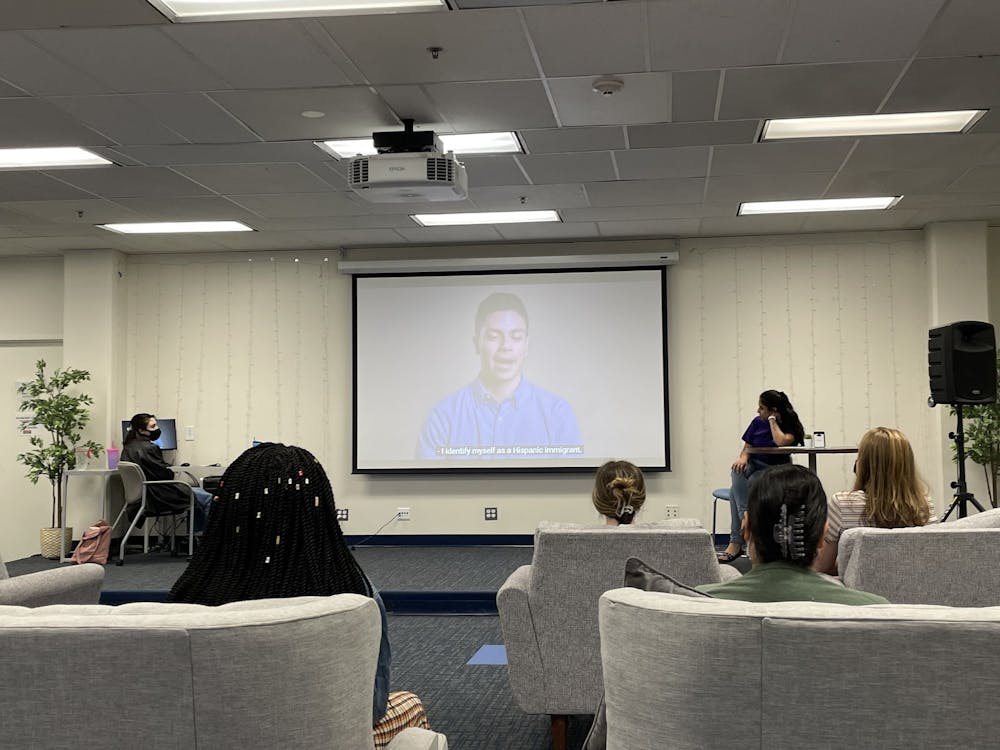By Kaitlin Bavaro
Staff Writer
AmIOK hosted its second racial trauma survivors workshop of the semester on April 1 to discuss race and the “TCNJ experience.”
The leader of this discussion, junior nursing major Tulika Desai, discussed her own experience as a student of color at the College.
Desai said that since coming back to the College after several remote semesters, she noticed how much casual racism and microaggression occurs on campus. She even recalled a microaggression committed by a professor that she had, who posted a survey asking students to identify their race, including only two options of “white” or “other.”
Desai spoke about the lack of diversity among students and professors at the College. She stated that 62.8% of the undergraduate students at the College are white, and that there has been a decrease in diversity in recent years.
The bulk of the workshop involved watching a documentary called “I am TCNJ.” The documentary first debuted in spring 2021 and was created by professors and students of the College. The documentary received an Emmy nomination. It features interviews with students of color on campus and discusses their experiences of racism and microaggressions at the College.
After the showing, Desai led a conversation that allowed students to react to the documentary.
“I really wanted to open the conversation about racial trauma in order to educate our campus,” said Desai. “My biggest hope was for someone to take away one thing that I said.”
Desai also offered coping mechanisms for students who face racism on campus, such as practicing positive affirmations and meditation. Students had the chance to practice these activities at the end of the workshop.
“This topic is something that gets pushed under the rug and isn’t addressed. Not a lot of people know about racial trauma and by talking about it we can improve our society for the future,” said 2020 graduate Mia Zaleski, who is the outreach assistant for AmIOK.
“My goal for this discussion was to get students more comfortable talking about racial trauma and to sit in the discomfort, because it’s important to talk about these things,” Zaleski said. “People should take time to educate themselves about racial trauma.”
For Desai, this event is extremely important for the College community.
“Racial trauma affects a lot of people, and many people don’t realize how emotionally damaging racial bias is,” she said. “We need to support victims as much as we can by continuing the conversation, and bringing up difficult conversations and keep providing a space for people to speak about it.”
AmIOK will be hosting its next racial trauma survivors workshop on April 15.







